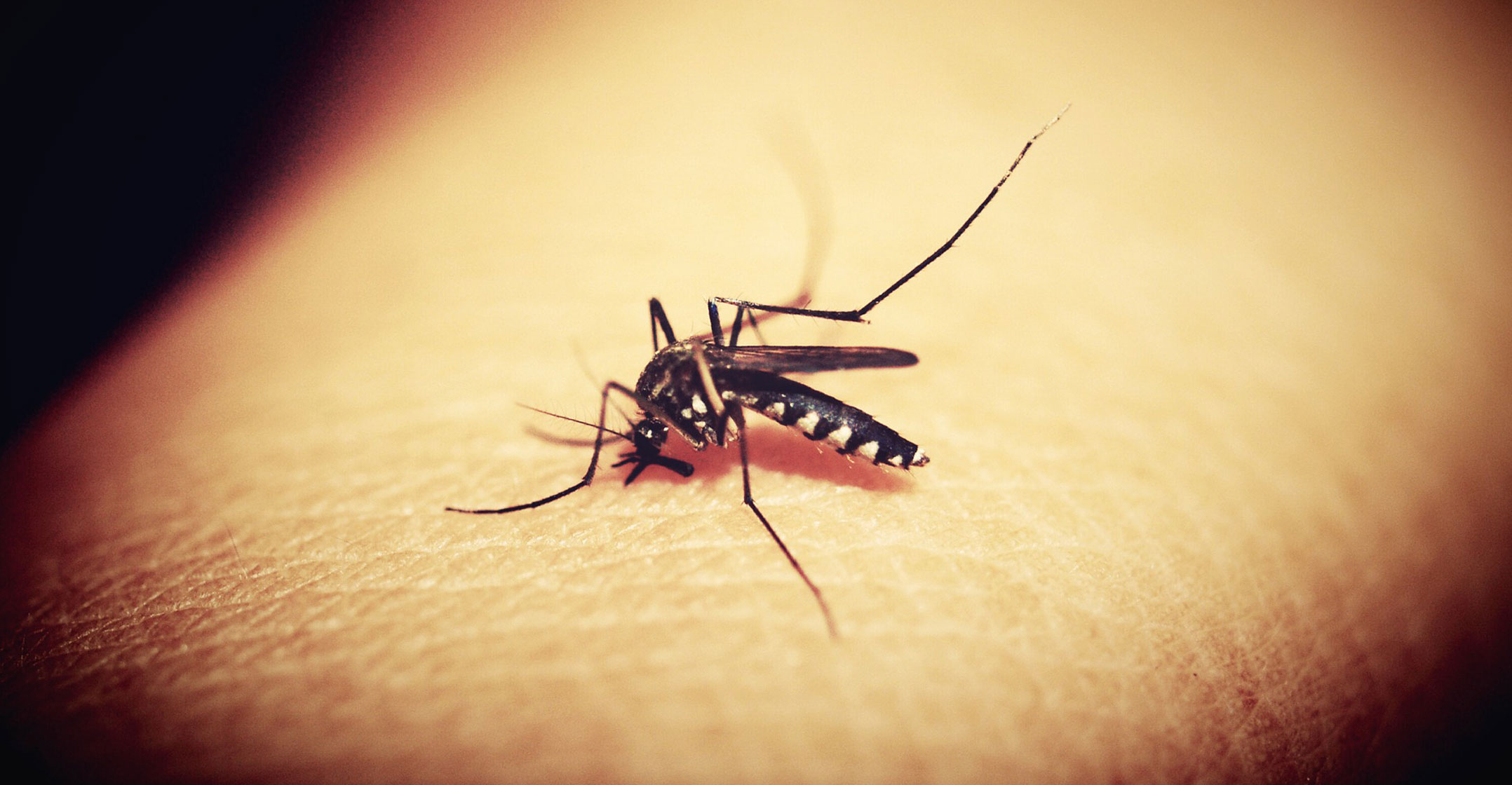 Warming temperatures are driving mosquitoes into new parts of Africa and spreading the risk of malaria, according to a new study that highlights the impact of climate change on disease.
Warming temperatures are driving mosquitoes into new parts of Africa and spreading the risk of malaria, according to a new study that highlights the impact of climate change on disease.
The report, published this week in the peer-reviewed journal Biology Letters, found that mosquitoes have moved to higher elevations and have pushed further south. The movements align with observed climate changes and could explain malaria transmission patterns during the studied time frame, according to the team of researchers led out of Georgetown University in the US.
Researchers have long forecast that climate change will dramatically alter the geographical spread of the world’s living species, including dangerous pathogens and carriers of disease. Even so, scientists have lamented the dearth of knowledge regarding the exact impact of warming temperatures on the spread of diseases like malaria.
The new Georgetown study adds to evidence that global warming has affected mosquito populations to a greater degree than previously realised. According to the report, the observed expansion could “rank among the more consequential climate change impacts on African biodiversity”.
“We have to stop thinking about climate change impacts as a future problem,” said Colin Carlson, the study’s lead author and an assistant research professor at Georgetown’s Center for Global Health Science and Security. “We’re decades into experiencing this, and we should be studying it like that’s the case.”
According to Carlson, a few studies observing the locations of mosquitoes have used modern data to extrapolate the species’ movement. The Georgetown study, however, analysed existing historical records showing the locations of 22 species of mosquitoes from 1898 to 2016. Researchers found that each year, the species’ ranges pushed 4.7km south and gained 6.5m of elevation. Those shifts are consistent with movement patterns that researchers would have expected based on climate changes in the region.
More research needed
Carlson said more research is needed to better understand the impact of climate changes on the spread of disease, adding that their study does not necessarily make predictions about where malaria might spread next. In 2020, the World Health Organisation estimated that malaria killed some 627 000 people.
“It’s possible that in the next few years, we might start to see malaria in places that we don’t typically think of as high risk,” Carlson said. — Carly Wanna, (c) 2023 Bloomberg LP

